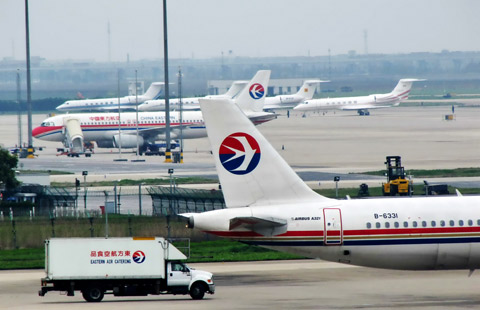Growth overseas can boost domestic activity
By Mike Bastin (China Daily) Updated: 2014-04-25 06:57While stock markets around the world greeted China's better than expected first-quarter GDP figures with moderate enthusiasm, the recently announced 7.4 percent growth rate also sparked wide-ranging debate on the issue of current and future government intervention.
|
 |
 |
Certainly, many of the issues under discussion deserve attention - perhaps "domestic consumption" most of all.
However, the key to halting this modest slowdown and re-igniting the Chinese economy with a more sustainable model is the continued international expansion of Chinese companies.
Paradoxically, it is successful international expansion that will contribute most to stimulating domestic consumption and contribute much toward a more modern Chinese business culture.
In the past few years, we have witnessed a surge in the number of Chinese companies expanding overseas, and not just to similar emerging market economies across Asia, South America and the Middle East. Sanpower's recent 89 percent stake in the UK premium retail clothing brand, House of Fraser and Chinese meat processor, Shuanghui International Holdings' $7.1 billion acquisition of Smithfield Foods, the largest pork producer in the United States, are but two prime examples.
But for these overseas takeovers and for international expansion to succeed, history tells us that central government must play an active, supporting role. This is the government intervention that must dominate the current and future debates on the Chinese economy.
At present any central intervention and involvement appear unclear.
- Transitioning China needs tougher environmental law
- Economic "remedy" eyes more than growth
- China's auto geared for growth despite slowdown
- Chinese banks continue net forex purchases
- Kindergarten equipment show opens in Beijing
- Sina banned from publication over online-porn accusations
- International innkeepers still flocking to China
- Canton Fair no longer 'silver bullet' for winning orders
















